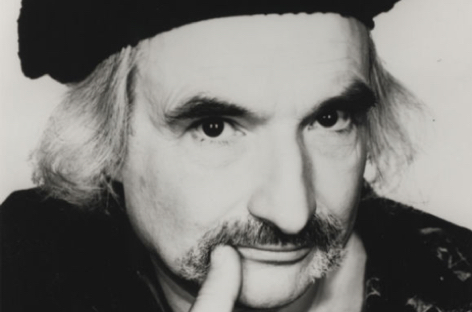“We completely refuse to make a judgement about what is beautiful and what isn’t. We make something, that’s all, and the scope of possible sounds is immense. We’re not musicians, we’re universal dilettantes”.
So said Holger Czukay in 1972, bassist and erstwhile leader of German avant-garde band Can. Though they famously stated that there was no leader in Can, it’s Czukay’s face that springs to mind when you think of them – the archetypal European surrealist cosmic joker, a cross between Einstein and Salvador Dali.
Born in Poland, and a former student of Stockhausen, his repetetive hypnotic basslines were the perfect foil for drummer Jaki Leibzeit’s uber-precise beats, whilst simultaneously revelling in spontaneity and experimentation.
When Can played live, Holger Czukay stated that they did so “with an empty head, nothing pre-performed or nothing pre-whatever. We just went onstage, and who[ever] was throwing the first stone, we caught that and threw it back”.
After a slew of influential albums (‘Tago Mago’, ‘Monster Movie’, ‘Future Days’ and many more), Czukay left Can in 1977, but continued to experiment on solo projects, such as ‘Der Osten ist Rot’ and 1983’s ‘Snake Charmer’, a collaboration with Jah Wobble and U2’s The Edge.
His work was peppered with recurrent themes like short-wave radio and the French horn, and laced with sly humour. Holger Czukay was found dead in Can’s original studio, near Cologne, where he had been living. The music world is a less rich and colourful place as a result.













No Comment